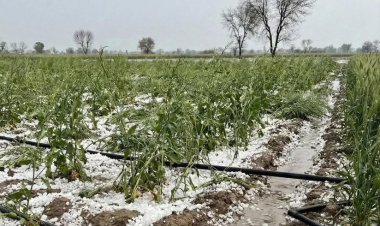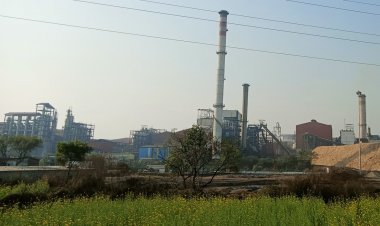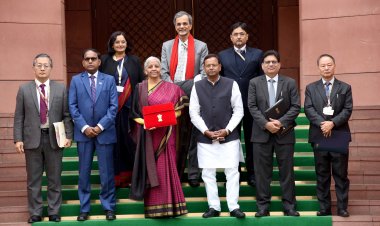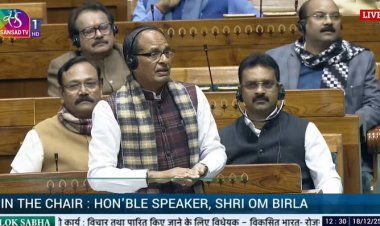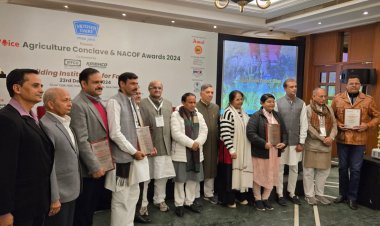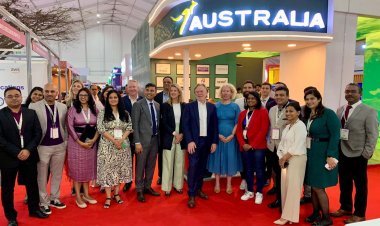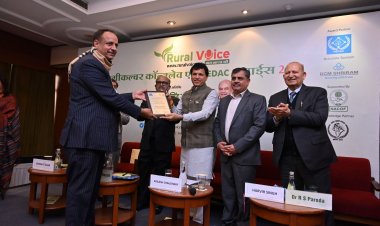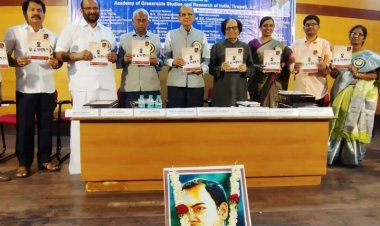IFAD launch US$217 million programme to empower rural communities in J&K
A US$217.2 million programme has been launched to transform agriculture, raise incomes and improve livelihoods of rural communities in Jammu and Kashmir. The “Competitiveness Improvement Project of Agriculture and Allied Sectors in Jammu and Kashmir (JKCIP)” is a partnership between the United Nations’ International Fund for Agricultural Development (IFAD), aimed at enhancing the competitiveness and climate resilience of small-scale farmers.
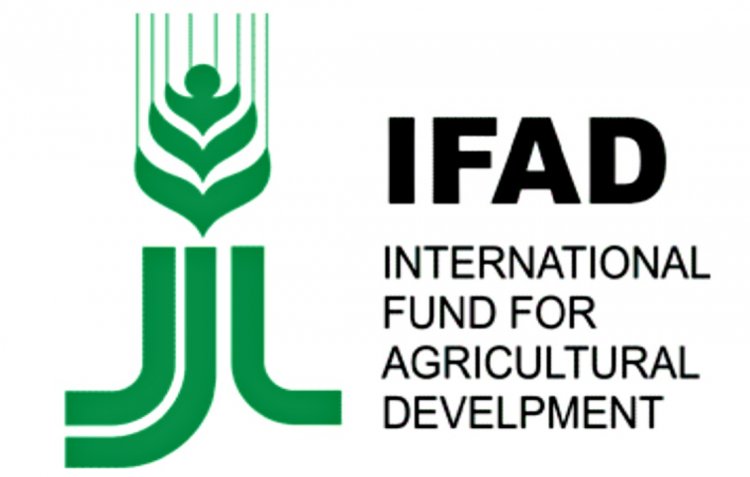
Prime Minister Narendra Modi launched a US$217.2 million programme to transform agriculture, boost incomes, and improve the livelihoods of rural communities in Jammu and Kashmir. The “Competitiveness Improvement of Agriculture and Allied Sectors Project in Jammu and Kashmir (JKCIP)” is a partnership between the UN’s International Fund for Agricultural Development (IFAD) and the Government of Jammu and Kashmir (GoJ&K) in India to enhance the competitiveness and climate resilience of small-scale farmers.
JKCIP will encourage 300,000 families and 1.5 million people across all 20 districts to adopt climate-smart and market-led production by introducing good agricultural practices, promoting diversification into high-value crops best suited to the region's climate, and expanding the niche crop and horticulture crop cultivation areas.
“This project is a unique opportunity to transform agriculture in Jammu and Kashmir,” said Ulaç Demirag, IFAD Country Director and Representative, India. “By prioritizing climate-smart practices, fostering innovation, sustainability, and empowering rural communities, this investment can help create a more prosperous, inclusive and resilient future for the region,” he added.
By aligning with GoJ&K’s ambitious Holistic Agriculture Development Programme, the project aims to unlock Jammu and Kashmir’s vast agricultural potential, which has so far been hampered several factors, namely: the region’s remoteness, limited connectivity, poor agricultural management practices, low investment in the value chain, and limited livelihood diversification options for vulnerable communities.
JKCIP will address these constraints by fostering the development of viable and inclusive farmer producer organizations, enhancing the productivity and production of niche and horticultural crops, enabling farmers to get better prices, and improving the resilience of vulnerable groups.
It will also develop the agribusiness ecosystem by stimulating the growth of agri-enterprises and start-ups, with a particular focus on those led by young women entrepreneurs, helping to build new markets and connecting to them. It will provide support to vulnerable communities to diversify their livelihood options by helping to improve animal breeding practices and get better prices for wool. This will create new income opportunities and contribute to a more inclusive rural economy.
IFAD is contributing US$100 million to this US$217.2 million programme, of which US$50.77 million will be devoted to climate action. GoJ&K is contributing US$26.4 million. Private banks will contribute US$20.8 million, while another US$20.7 will come from the private sector. Project participants will add US$45.8 million of their own funds.
India is one of IFAD’s founding members. IFAD’s current Country Strategic Opportunities Programme for India is fully aligned with the government’s policy framework and efforts to ensure that smallholder food and agricultural production systems are remunerative, sustainable and resilient to climate change and price shocks. To date, IFAD has supported 34 rural development projects in India worth US$1,364.58 million. These interventions have directly benefitted over 6.3 million families.



 Join the RuralVoice whatsapp group
Join the RuralVoice whatsapp group



















